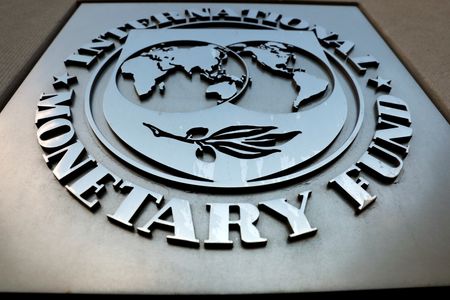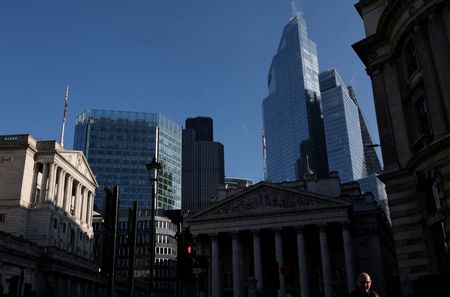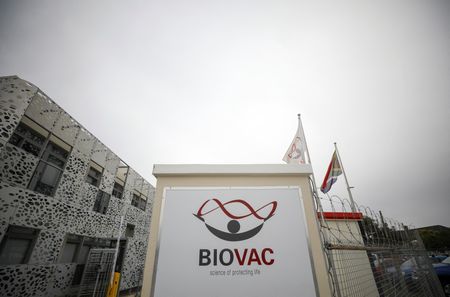(Reuters) -An International Monetary Fund official said its mission to Senegal had concluded without a new lending programme, but that it aimed to finalise one “as soon as possible”.
Mission Chief Edward Gemayel told journalists that talks would continue in the coming weeks and that Senegal was serious about getting its debts in check after discovering billions in debt that the previous administration had not reported to the IMF.
“We still need some more discussions. Hopefully, in the coming weeks we can reach a conclusion,” Gemayel said.
SENEGAL ALSO NEEDS A DEBT MISREPORTING WAIVER
The Fund froze Senegal’s previous $1.8 billion lending programme last year after the then-new leaders revealed the hidden debts, which have since ballooned to more than $11 billion.
The country is now seeking a fresh lending programme, but also needs the IMF board to approve a crucial debt misreporting waiver.
Gemayel said the Fund was working on the waiver in tandem with the new lending programme, though the two may not go before the board at the same time.
He said there was still outstanding technical work on the debt sustainability analysis, which will determine what Senegal must do to secure the programme – including whether it might need to restructure debts.
The country started talks on a new programme last month and an IMF team has been in Dakar since October 22.
“Regarding debt, Senegal intends to continue implementing conventional active debt management operations, both on domestic and external debt, in order to reduce debt-related vulnerabilities,” Senegal’s finance ministry said in a statement.
Investors are split on whether the Fund might tell Senegal to restructure its debt, which might involve losses for creditors, or to re-profile it, which would extend the maturities without reducing the principal or interest.
“They are very serious about putting in place the consolidation path, which is very aggressive in our view … That shows you how much they are determined to bring debt on a downward trajectory,” the IMF official said.
(Reporting by Portia Crowe. Editing by Jessica Donati and Mark Potter)










